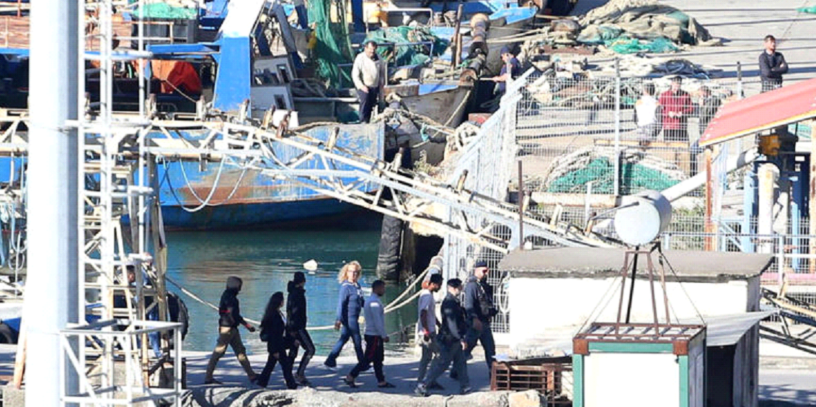While the Italian government proudly announces the reduction in the number of illegal migrants arriving on its shores, a new decision has raised significant concerns. The two centers built in Albania to house migrants awaiting asylum will now be converted into repatriation centers – essentially closed prisons where illegal migrants will be held before being sent back to their countries of origin.
This strategic shift by the Italian government, confirmed by Interior Minister Matteo Piantedosi, has sparked intense debate over the nature of migration policies and their ethical and legal consequences. Is this a step forward in migration management, or a regression towards more repressive approaches?
A Strategy of Prevention or Oppression?
Piantedosi has presented the redefinition of the centers in Gjadër and Shëngjin as part of a prevention strategy to curb illegal migration and strengthen the repatriation system. He argues that “these centers will help us return individuals to their home countries who would otherwise make our cities less safe.”
However, critics question not only the effectiveness of this measure but also its moral and legal implications. Human rights organizations have raised alarms over the idea of forcibly detaining migrants in a country that was not their intended destination. Albania, a non-EU country, does not have the same legal standards for handling asylum seekers and migrants as Italy, raising serious concerns about the protection of their rights.
Is Albania Becoming a “Protective Barrier” for the EU?
This policy raises serious questions about Albania’s sovereignty and its role in managing Europe’s migration crisis. By accepting the construction of these centers, the Albanian government has placed the country at the center of a policy that primarily serves Italian and EU interests, while Albania itself continues to face serious economic and social challenges.
Critics argue that this cooperation could set a dangerous precedent, where countries like Albania are used as “buffer zones” to manage migration flows instead of the EU itself. While this may bring short-term economic benefits, it could damage Albania’s position and image on the international stage.
The Impact on Human Rights
A crucial aspect of this policy is the treatment of migrants. Will they have full access to asylum procedures, or will they face swift and legally questionable deportations? Will there be independent monitoring by humanitarian organizations, or will the system operate in isolation and without transparency?
Past experiences have shown that migrant detention centers often become places where dignity and human rights are violated. Cases of abuse, mistreatment, and lack of minimum living conditions have been documented in similar centers across Europe. Albania, with its fragile justice system and limited resources, may not be capable of ensuring that these centers operate according to international standards.
A Policy That Serves Whom?
For now, it seems that the decision to turn reception centers into repatriation centers primarily benefits the Italian government, reducing the number of migrants within its borders and outsourcing the problem to a third country. But for Albania, this could become a long-term burden with ethical, social, and diplomatic consequences. Can such a policy be justified in the name of security and prevention? Or are we moving towards a model where human rights and individual dignity are sacrificed to meet political interests and electoral fears? These are questions that, for now, remain unanswered.
Written by our correspondent A.T.



